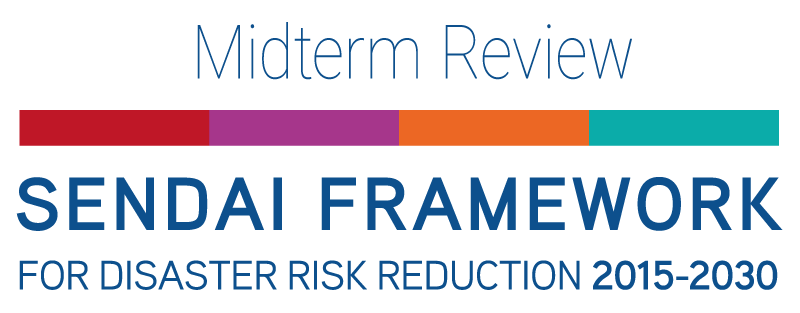HLM - Multistakeholder Panel 1: From Managing Disasters to Managing Risk; Risk Governance fit for the 21st century
Trusteeship Council Chamber
Time
10:00 – 11:30 (GMT-5)
Overview
Reducing risk is a central component of safeguarding human existence and security. Some progress has been made in our understanding of risk since the adoption of the Sendai Framework in 2015. Shifts from single-hazard and event-based disaster management, to understanding the richer complexities of the systemic nature of risk are necessary for effective risk-governance fit for the 21st century.
Conventional governance systems were originally designed to address incremental environmental and social changes. Non-linear processes and complex interactions between drivers of risk and the irreversible impacts of breaching planetary boundaries call for an overhaul. The world presently faces unsustainable levels of risk that transcend national and generational boundaries.
As the COVID-19 pandemic and the triple environmental crisis of climate change, pollution and biodiversity loss have shown, current risk management modalities and risk governance approaches are inadequate to address the shocks that frequently cascade and compound across sectors, systems, geographies and through time. As Member States identified in the guiding principles of the Sendai Framework, risk reduction and risk management require ‘all-of-society engagement and partnership’, ‘coordination…within and across sectors’ and ‘full engagement of all State institutions.’
Current and expected global challenges demand collective actions to address risks that are not fully understood. Anticipating, preventing and addressing risks to the planet must be part of every decision, policy, investment, and budget. The largest transformations needed to achieve the 2030 Agenda and other internationally agreed frameworks and 5 agreements require a systemic approach that account for interdependencies and interactions between goals and targets.
This panel will discuss different and emerging approaches to risk reduction and prevention at all levels that seek to contend with 21st century risks before they manifest as shocks and disasters – whether natural, or man-made hazards and related environmental, technological and biological hazards and risks.2 The panel will offer solutions and good examples of risk governance approaches that meet the transdisciplinary and dynamic nature of the underlying drivers of risk.
The discussion will examine shifts in priorities to policy convergence, overcoming sectoral silos, and developing new integrated approaches that take into account systemic interactions and focus on causal relationships between goals and policies.
Guiding questions:
- What adjustments are required in policy, regulatory and legislative frameworks, institutional mandates and strategies, to capitalise on opportunities, or to mitigate new and emerging threats to the achievement of the expected outcome and goal of the Sendai Framework, and risk-informed sustainable development?
- What measures can be taken to enable integrated reduction and management of risk across institutions, sectors, stakeholders and scales, including risks resulting from increasing climate impacts, rapid technological change, and increasing social inequality?
- How can we better understand the political economy that drives the process of risk creation to be able to prevent and reduce risk?
- How can risk management reach the most vulnerable and ensure that no one is left behind, especially in countries in special situations and crisis-affected communities? How can disaster risk reduction be further scaled up and implemented with humanitarian assistance to promote prevention of new risks and preparedness and early action?
